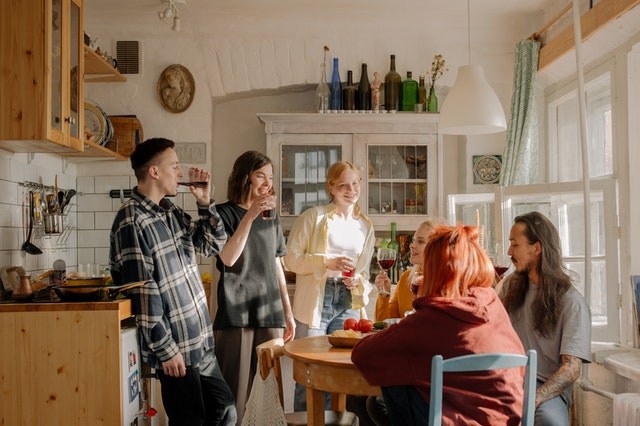On Wednesday, Belgium's National Security Council replaced to so-called "bubble of five" with a new system based on a "reference number" to limit people's social contacts and prevent the further spread of the coronavirus.
The general advice remains to limit your social contacts as much as possible. However, as that means something different for everyone, experts have proposed the use of a "reference number."
The number will vary from 1 to 5, depending on the epidemiological situation, and serves as advice on how many close contacts a person - no longer a household, as was the case with the bubbles - can have.
Currently, the government recommends that people can have 5 close contacts per person per month. If the new infections and hospitalisations continue to rise, the reference number will likely become lower, advising people to only have close contacts with, for example, 4 or 2 others.
Related News
- Belgium's Security Council introduces long-term coronavirus strategy
- Belgium becomes red on European coronavirus map
- Belgium relaxes face mask rules from October
Close contact, as defined by Belgian Prime Minister Sophie Wilmès, means "being physically close to someone who does not live under the same roof, for more than 15 minutes, without keeping a distance and without a facemask."
These are the people you can hug or kiss, and can go for dinner or a drink with, Wilmès clarified.
This reference, however, is not an obligation, but only advice. "Everyone has to make their individual choice, and must decide in good conscience," said Wilmès. "But we ask you to follow it, as it is very important."
Additionally, Wilmès repeatedly stressed that people are allowed to see everyone they want to see, but they have to guarantee that a 1.5 metres distance is kept at all times, and that all hygiene measures are respected. In that case, the maximum number of people in a group is still ten, not counting children younger than 12.
Maïthé Chini
The Brussels Times

